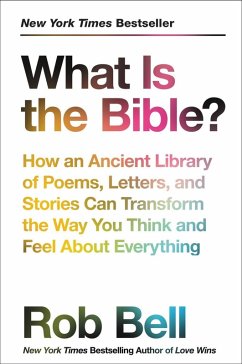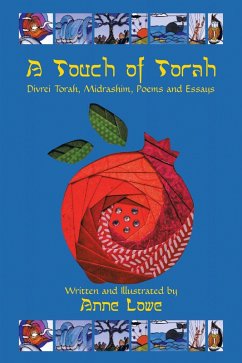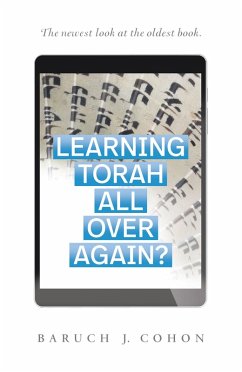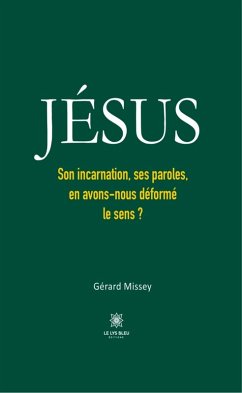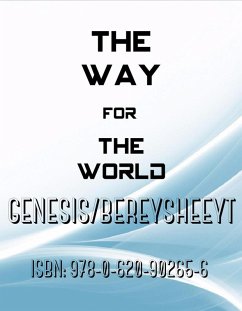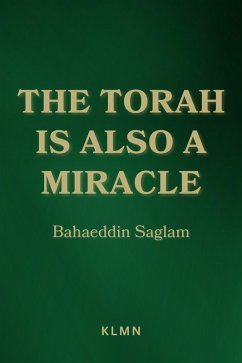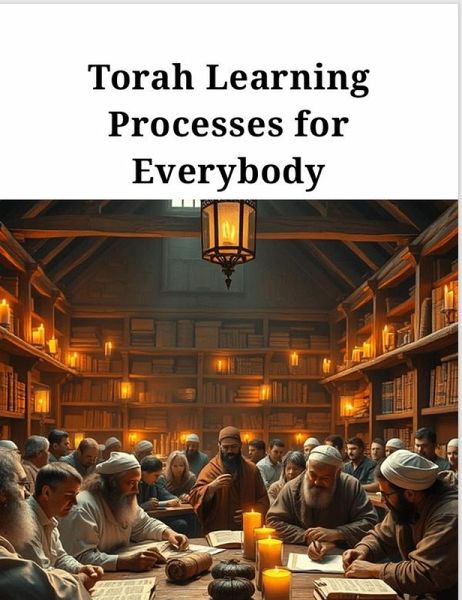
Torah Learning Processes for Everybody (eBook, ePUB)

PAYBACK Punkte
0 °P sammeln!
The basics of Torah learning outlined in these teachings emphasize the importance of regular study and application to life, regardless of a person's life circumstances. As noted in Yoma 35, all are encouraged to study Torah: the poor (as exemplified by Hillel), the rich (like Rabbi Elazar), and the beautiful (like Yosef). Therefore, socio-economic status does not serve as an excuse or an exemption from Torah study. In terms of process, these passages illustrate the approach of iterative and collaborative learning. Rabbi Preida, for instance, would repeat lessons to his students until they unde...
The basics of Torah learning outlined in these teachings emphasize the importance of regular study and application to life, regardless of a person's life circumstances. As noted in Yoma 35, all are encouraged to study Torah: the poor (as exemplified by Hillel), the rich (like Rabbi Elazar), and the beautiful (like Yosef). Therefore, socio-economic status does not serve as an excuse or an exemption from Torah study. In terms of process, these passages illustrate the approach of iterative and collaborative learning. Rabbi Preida, for instance, would repeat lessons to his students until they understood. In Eruvin 55, Moses' teaching methodology involved rehearsing a lesson four times with God, then disseminating the knowledge in iterating cycles of teaching and learning with Aaron, Aaron's sons, the rest of the Sages, and finally, all the rest of the people. This methodology not only involves multiple iterations of learning but also encourages learning from multiple teachers. These teachings underscore the view that Torah study is not just a solo endeavor, but a communal process that includes both learning and teaching. For instance, Kiddushin 30 states that teaching Torah to one's grandchild is considered as important as receiving Torah at Sinai. Additionally, there's an emphasis on allowing one's heart to guide what area of Torah to study (Avodah Zarah 19) and ensuring regular engagement with the Torah (Megillah 22), even outside the Sabbath. Overall, these texts stress the importance of consistent, incremental learning, multiple teachers, and active application to life in the process of Torah study.
Dieser Download kann aus rechtlichen Gründen nur mit Rechnungsadresse in A, B, CY, CZ, D, DK, EW, E, FIN, F, GR, H, IRL, I, LT, L, LR, M, NL, PL, P, R, S, SLO, SK ausgeliefert werden.




